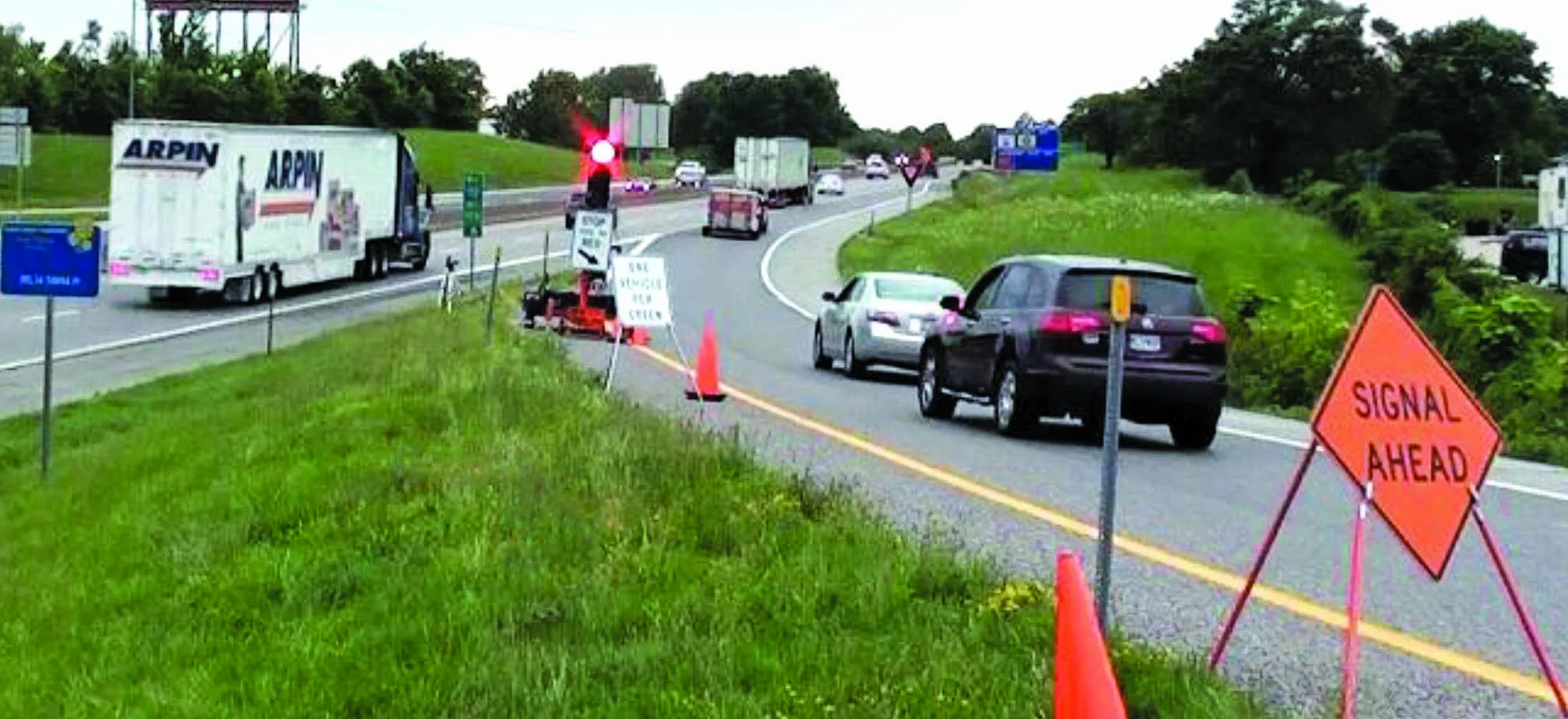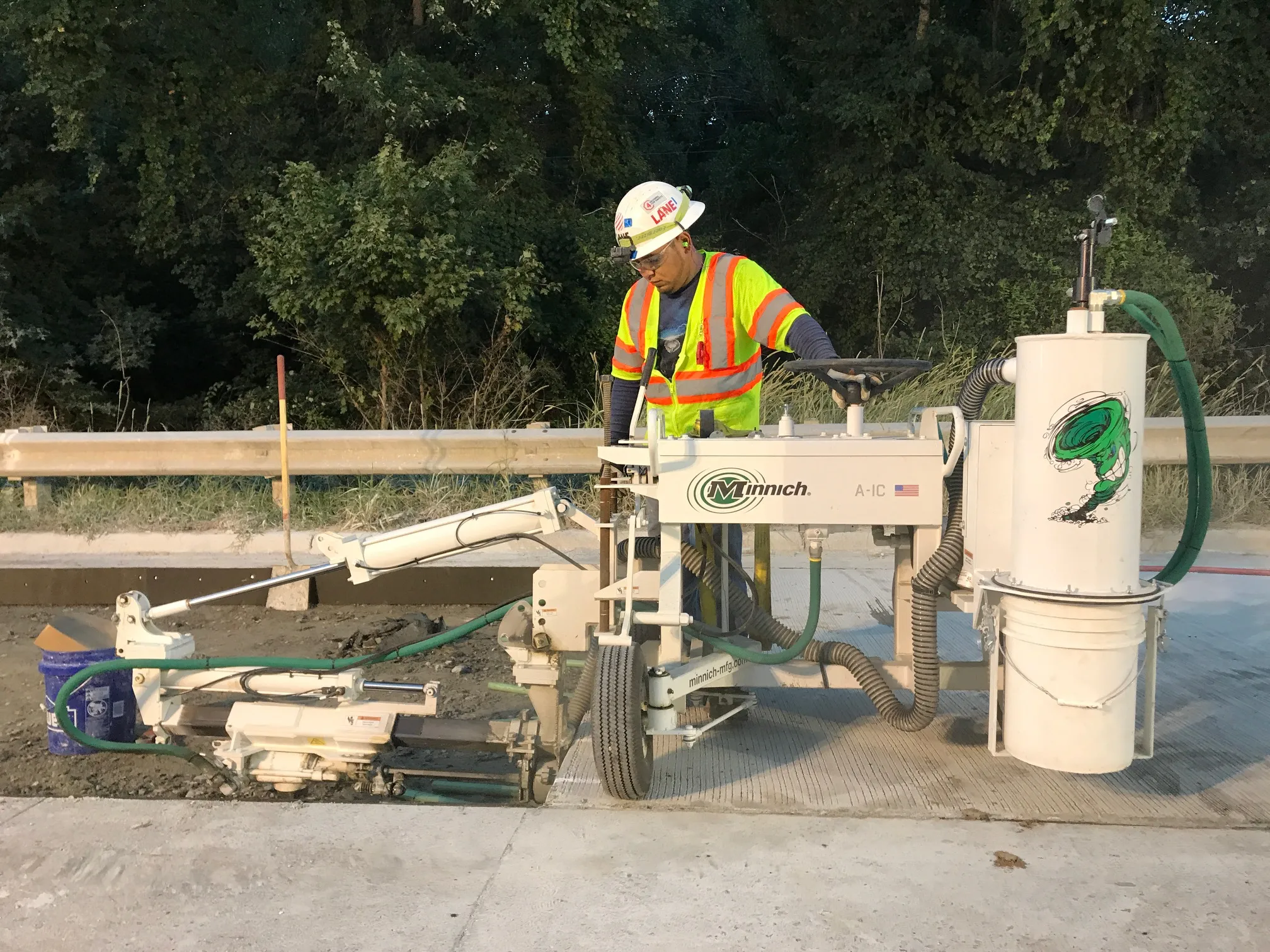Local authorities in various parts of the UK are opting to remove punctuation marks from roadsigns so as to remove confusion. The move comes in the wake of numerous complaints from concerned members of the public that roadsigns contain incorrect grammar. The authorities in the UK's second largest city, Birmingham, have already taken steps to remove apostrophes from roadsigns because council staff spend too much time dealing with complaints over the correct use of punctuation on signs. The Apostrophe Protect
July 6, 2012
Read time: 2 mins
Local authorities in various parts of the UK are opting to remove punctuation marks from roadsigns so as to remove confusion. The move comes in the wake of numerous complaints from concerned members of the public that roadsigns contain incorrect grammar. The authorities in the UK's second largest city, Birmingham, have already taken steps to remove apostrophes from roadsigns because council staff spend too much time dealing with complaints over the correct use of punctuation on signs. The Apostrophe Protection Society has criticised the move while the Plain English Campaign has refuted suggestions from some official sources that it ruled in favour of the removal of apostrophes from roadsigns. Road safety campaigners are not thought to be prioritising the risks posed by vehicle occupants arguing over the correct use of an apostrophe and whether or not a word is possessive or an abbreviation as a threat to other road users.









